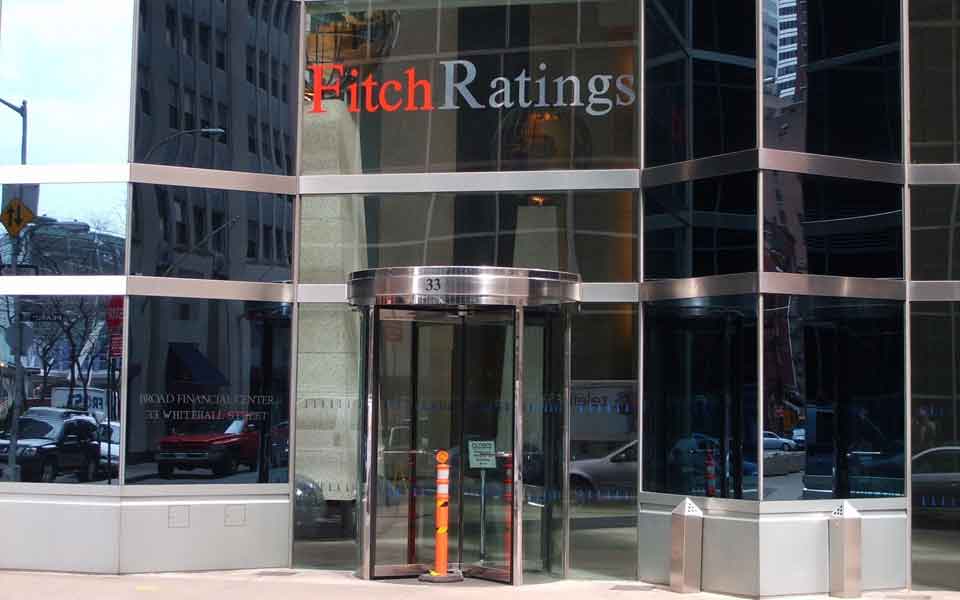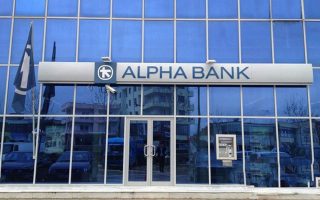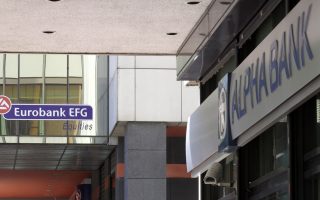Fitch approves of Greek banks
Rating agency report notes that the ratio of risky loans may drop into single digits by end-2022

Credit rating agency Fitch has praised Greek banks for the progress they have made in their business plans. it predicts that their impaired loan ratio – a broader category than nonperforming loans – could drop into single digits by the end of 2022.
In its report “Greek and Cypriot Banks: Peer Review” released Friday, Fitch Ratings notes that “Greek and Cypriot banks’ de-risking plans and limited inflows of new impaired loans have supported a drop in problem asset ratios despite the pandemic and loan deleveraging,” adding that “Greek banks reduced problem assets faster than Cypriot banks (from 2020 to the first half of 2021) due to a sector-wide solution for addressing impaired loans.”
This is a reference to the Hercules Asset Protection Scheme (HAPS) put in place to help Greek banks to offload €30 billion in bad loans.
The report notes that the impaired loan ratio for Greek banks fell from 39% at the end of 2019 to 25% in mid-March 2021 – a provisional figure contingent on the release of full half-year results at the end of August – including the first phase of loan securitizations.
“Fitch believes the impaired loan ratio for Greek banks could decline from 25% at end-March 2021… to mid-teens by end-2021 and below 10% by end-2022, supported by the asset protection scheme and the recent capital enhancement actions, most notably the capital increases by Piraeus and Alpha in [the second quarter of 2021],” the report notes.
Not everything is rosy, however. “Greek and Cypriot banks’ low ratings continue to reflect weak asset quality despite some improvement and different degrees of high capital encumbrance by unreserved problem assets.”
Cypriot banks, with all their difficulties, have been in better shape than Greek lenders. Recently, however, their progress in removing risk seems to have slowed, at least relatively.
“The acceleration of the Greek banks’ de-risking in 2021 and our expectation that this will continue in 2022 have reduced rating differences between Greek and Cypriot banks and explain the Positive Outlook on three of the four large Greek banks,” the report notes. By contrast, it maintains Negative Outlooks on Cypriot banks despite their lower risky loan ratio.





